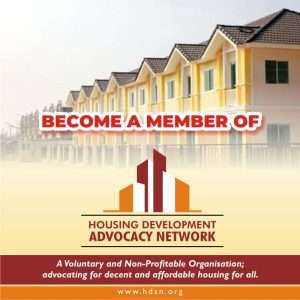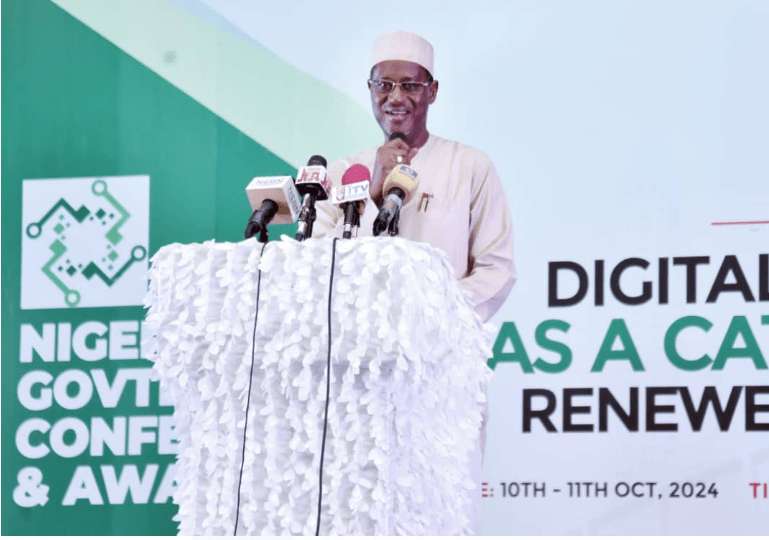Minister of Housing and Urban Development, Ahmed Dangiwa, highlighted that over 90% of land in Nigeria is still unregistered, stressing the Federal Government’s intent to collaborate with state governments to address this issue. Speaking at the 13th National Council on Housing, Lands, and Urban Development in Gombe, Dangiwa emphasized the need for a comprehensive approach to land registration to drive development and investment. He pointed out that these unregistered lands represent about $300 billion in untapped capital.
The minister also revealed plans for a partnership between the Federal Government and the World Bank aimed at modernizing land administration through the establishment of a National Land Digital System (NLDS). This digital initiative is set to make land transactions transparent, efficient, and more accessible. Dangiwa projected that such efforts would boost formal land transactions from under 10% to over 50% within the next decade, tackling long-standing registration challenges and enhancing property rights.
Dangiwa explained that this digital registry would empower Nigerians by enabling secure and efficient land ownership verification. This system is expected to mitigate fraud, enhance transparency, and foster investor confidence, unlocking billions in potential economic growth tied to land and property. He underscored that by clarifying and securing land ownership, the groundwork would be set for domestic and international investment while fostering sustainable land use and reducing conflicts.

The minister also addressed the rapid urbanization affecting Nigeria and noted that strategies to counter this have been embedded in a National Urban Development Policy, which awaits approval from the Federal Executive Council. This policy aims to create resilient, climate-smart urban centers across the nation. He informed attendees that Nigeria has joined other African nations in organizing an Annual National Urban Forum, in line with a recent declaration in Addis Ababa, to discuss strategies for sustainable urban development.
Dangiwa outlined the ongoing work of the ministry, including the construction of more than 10,000 housing units across 14 locations in Nigeria. He emphasized the importance of Public-Private Partnerships (PPPs) in accelerating housing projects, mentioning planned housing developments in states like Enugu, Borno, Nasarawa, and Rivers. He shared that the ultimate goal is to establish at least one Renewed Hope City in each geo-political zone and the Federal Capital Territory.

In his appeal to state commissioners, Dangiwa urged them to encourage local governments to allocate significant portions of their revenues toward affordable housing projects, pointing out that while PPPs are crucial, they alone cannot meet the housing needs of low-income Nigerians due to high construction financing costs in the private sector. He also announced a new compensation framework, developed in collaboration with the World Bank, to ensure fair recompense for individuals affected by land acquisitions, addressing an 18-year policy gap in compensation practices.




